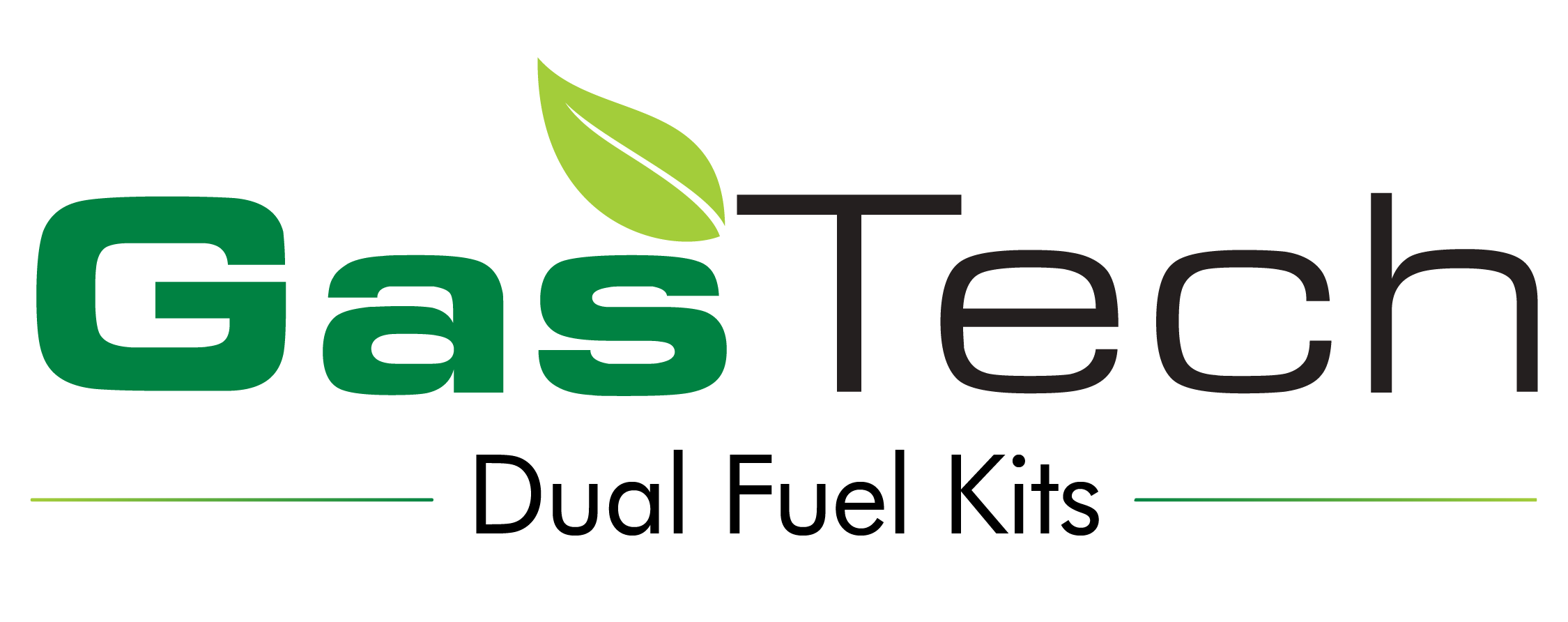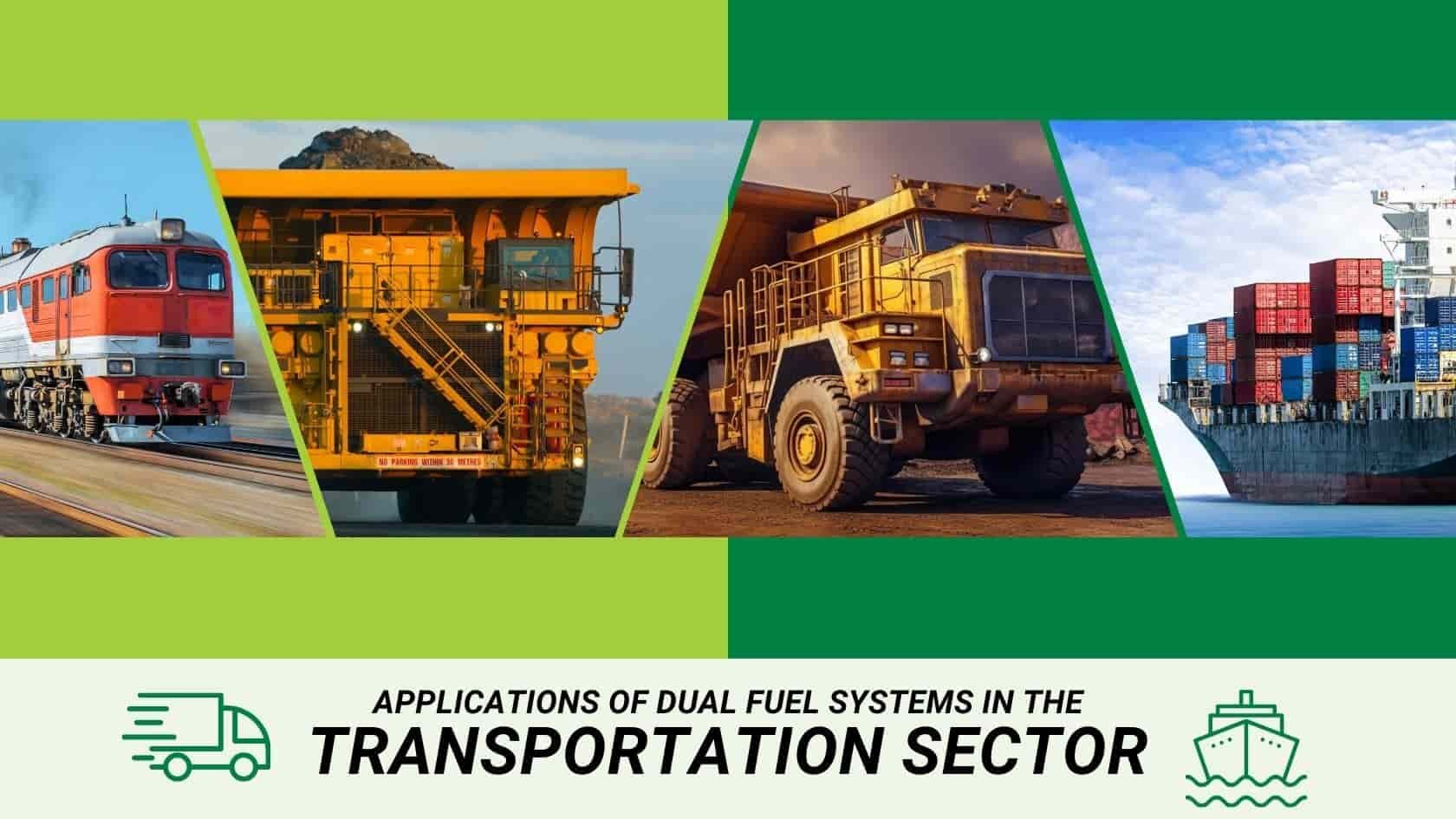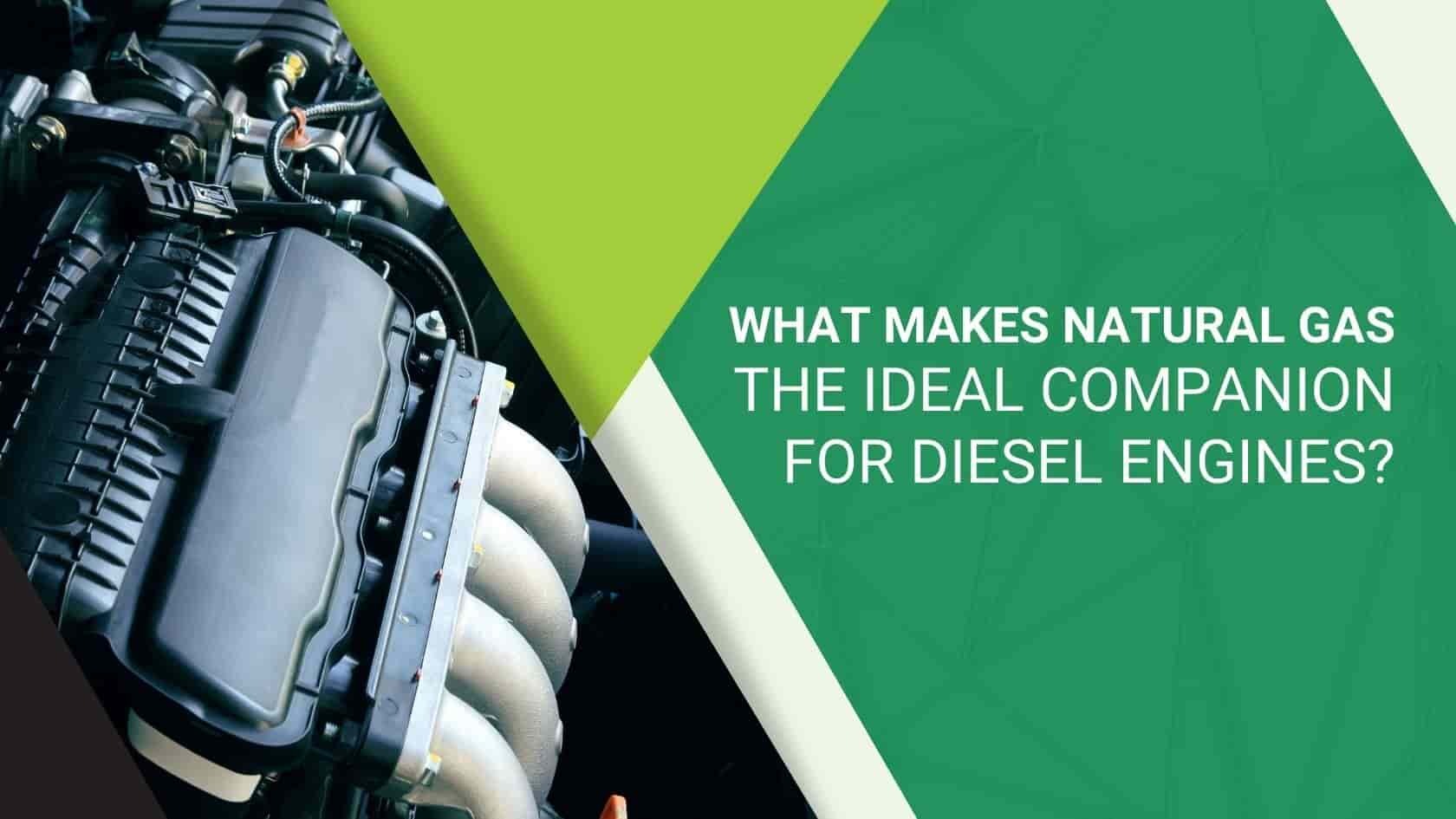Natural gas acts as a dependable complement to intermittent renewable energy sources, ensuring a stable energy supply. Widely used in heating, cooking, and various industrial processes, natural gas provides reliability and operational efficiency for businesses owning vehicle fleets and properties.
Also Read: What Makes Natural Gas The Ideal Companion For Diesel Engines
In this blog, we will explore the numerous options available in natural gas, their unique attributes and functions, as well as benefits
Types of Natural Gases
Now that we’ve covered the main benefits of natural gases, let’s delve into the numerous options that you can choose from when it comes to GasTech’s dual fuel kits.
Pipeline Natural Gas (PNG)
Primarily comprising methane and small traces of other hydrocarbons, PNG is transported via extensive natural gas pipelines from production to consumption areas. It is a cleaner-burning fossil fuel that offers advantages including reduced emissions, abundant supply, and versatile applications. What makes PNG a promising alternative for dual fuel engines is that India is expanding its natural gas pipeline network to ensure wider availability and promote economic growth.
Coal-Bed Methane (CBM)
CBM is natural gas trapped in coal seams generated during coal formation. Largely composed of methane, it offers energy from unconventional coal sources, all the while burning cleaner than coal and reducing mine safety hazards. The extraction of CBM requires specific methods such as hydraulic fracturing and desorption to release methane from coal.
Unlike pipeline natural gas, CBM isn’t directly compatible with diesel engine dual fuel kits due to compositional differences. India, with significant coal reserves, is exploring CBM, particularly in the Damodar Valley and Son Valley coalfields, but its production is in early stages compared to other countries.
Compressed Natural Gas (CNG)
Methane-rich CNG is a type of natural gas that’s compressed to a high pressure. It emits fewer pollutants and greenhouse gases as compared to gasoline or diesel, thereby reducing operating costs and extending engine life. One constraint with using CNG is the need for storage as well as the growing infrastructure. Despite the limitations, India’s CNG network is growing, with over 17,000 stations, promoted by the government for cleaner transportation.
Liquefied Natural Gas (LNG)
Unlike other types of natural gases, LNG is enhanced for efficient storage and long-distance transportation through a process of extreme cooling, which shrinks its volume. This process enables access to natural gas in regions lacking pipelines and offers storage flexibility. LNG burns cleaner than coal and oil but requires energy-intensive liquefaction and specific safety measures. Unlike CNG, LNG isn’t readily compatible with diesel engines due to extreme temperatures, limiting its widespread use. India’s LNG infrastructure is growing along its coastline, aiding energy diversification, but remains concentrated compared to CNG.
Biogas
Biogas, a natural gas produced by anaerobic decomposition of organic matter, mainly comprises methane and carbon dioxide. It originates from diverse sources such as animal manure, food waste, and agricultural residues, processed in closed containers called biogas digesters. Notable advantages include waste management, reduced pollution, and improved sanitation, benefiting both rural and urban areas. Its versatility extends to cooking, heating, electricity, and vehicle fuel applications. Though requiring processing for impurities like hydrogen sulphide, biogas can be utilised in modified diesel engines with conversion kits.
In India, governmental initiatives such as SATAT promote biogas adoption, particularly in rural regions, albeit facing infrastructure challenges for large-scale implementation. Biogas production efficiency varies depending on factors such as feedstock and technology, driving ongoing research efforts to optimise production processes for broader adoption and cleaner energy transitions.
Final Thoughts
Various forms of natural gas offer opportunities and challenges for cleaner energy solutions. They play a key role in reducing emissions and providing reliable energy for commercial spaces, industries, and transportation. Dual fuel systems increase flexibility and efficiency, contributing to cost savings and emissions reduction.
While PNG, CNG, LNG, and biogas each have unique advantages, natural gas is a fossil fuel that should be part of a broader transition to renewables. Prioritising research, innovation, and sustainable practices can maximise natural gas benefits while mitigating environmental impacts. This makes collaboration between governments, industries, and communities essential for creating a greener energy landscape.
Making the Right Choice: Trust GasTech’s Experts
Table of Contents
- You May Also Like
The Diverse Applications of Dual Fuel Systems in the Transportation Sector
In an era of sustainable development, the transportation sector today...
Read MoreWhat Makes Natural Gas The Ideal Companion For Diesel Engines?
According to the India Energy Outlook 2021 report by the...
Read More



